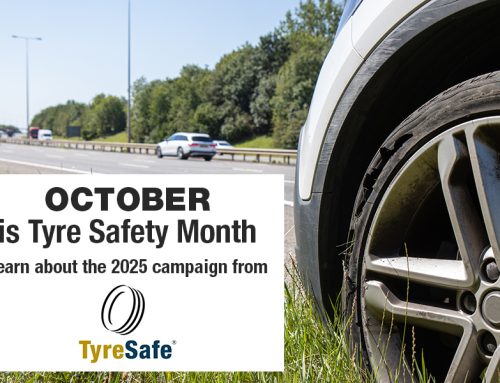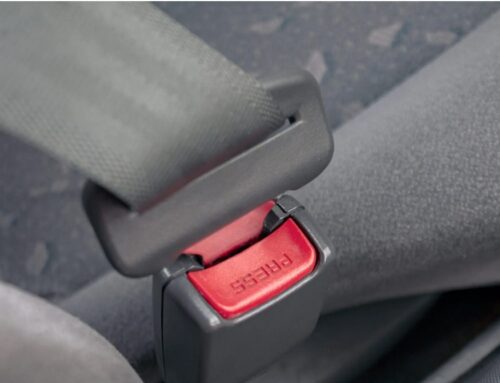Mike Hayward is a motoring and regulatory solicitor with Woodfines. Here, he looks at what driver managers and fleet managers can do to support the mental health and wellbeing of their drivers, and ensure their teams understand their responsibilities around the legal duty of care.
Mental Health – Driving for Work
Being a vocational driver, and being out on the road, conjures up an image perhaps that the driver is lucky enough not to have a boss watching over them, giving them the chance to put the radio on and enjoy the passing scenery. Of course, the reality is very different.
The pressures of the driver’s work and the feeling of isolation can lead to a deterioration in mental health and wellbeing.
As a transport or fleet manager, colleague or boss, do you ever think about when you last asked a driver returning to base ‘how are you?’, or ‘fancy a catch up?’. That simple question could lead to a conversation that could help your driver immensely.
Vehicle health checks are crucial before heading out on the road. They impact not only the health and safety of the driver but also other road users, yet not enough emphasis is placed on carrying out these health checks with the person controlling the vehicle; the driver.
Your drivers – under pressure
Mental health and wellbeing is becoming a serious issue in the working world, and it’s not surprising why this issue is commonly described as an ‘epidemic.’ Randstad reports on ‘Health and Wellbeing in the workplace‘ show that a large percentage of reported absences for logistics workers, relate to work induced stress or mental health conditions. Creating a ‘connected’ culture at work is a high priority. In the July 2025 Randstad report (which would certainly apply to driver workforces) they make the following recommendations:
- prioritise teamwork
- recognise good work
- ensure a safe work environment
- provide growth opportunities
- cultivate a sense of purpose
The transport and logistics industry has seen an increased demand for drivers, with a simultaneous fall in the number of drivers available to meet the demand.
Due to this, drivers are experiencing:
- longer hours on the road away from family and loved ones as a result of driver shortages
- pressure to meet time sensitive deliveries
- changes in regulations and technology.
- traffic and incidences on the road; and
- basic human necessities with little access to adequate showering and truck stop facilities
Fleet Managers – supporting your drivers
So, what can you do as an employer or manager to support your drivers’ mental health and well-being?
Just like those vehicle health checks, implement regular health checks with your drivers.
Conversations – encourage open conversations with your drivers about their mental health and wellbeing.
Health: suggest exercise at rest points to reduce stress and aide mental health. Growing research shows the mind-body connection is disrupted by poor mental health and stress, which has adverse effects on the overall wellbeing of an individual.
Excel: as an employer, you have a legal duty of care to employees to ensure they do not suffer stress related illness due to work (Health and Safety at Work etc. Act 1974). By providing training and resources to drivers on how to take care of their mental health and assess risks that drivers may experience impacting their mental health and wellbeing whilst at work (Management of Health and Safety at Work Regulations 1999) you not only support your drivers, you equip your
driver’s with the tools they need to excel.
Community: create a community amongst drivers by implementing and adopting policies within the Company focused on mental health and wellbeing and appoint mental health champions in the workplace. In doing so, you encourage conversations, openness and reduce the stigma around mental health conditions and wellbeing.
Keep-in-touch: drivers spend long hours on the road away loved ones and colleagues making roads a lonely one to travel on. When planning rest stops with your drivers, plan keeping-in-touch phone calls that coincide with these rest stops too to check-in on driver’s and their wellbeing.
Self-care: practicing self-care is one of the small things’ drivers can do to take care of their mental health, from mindfulness to adequate sleep. Invest in apps that promote self-care such as Calm and Headspace.
If you have any queries on this article or on how you can best support your driver’s mental health and well-being, get in touch with Gabrielle Parkes in the Employment Team or Mike Hayward, Road Transport Lawyer, at Woodfines Solicitors.






